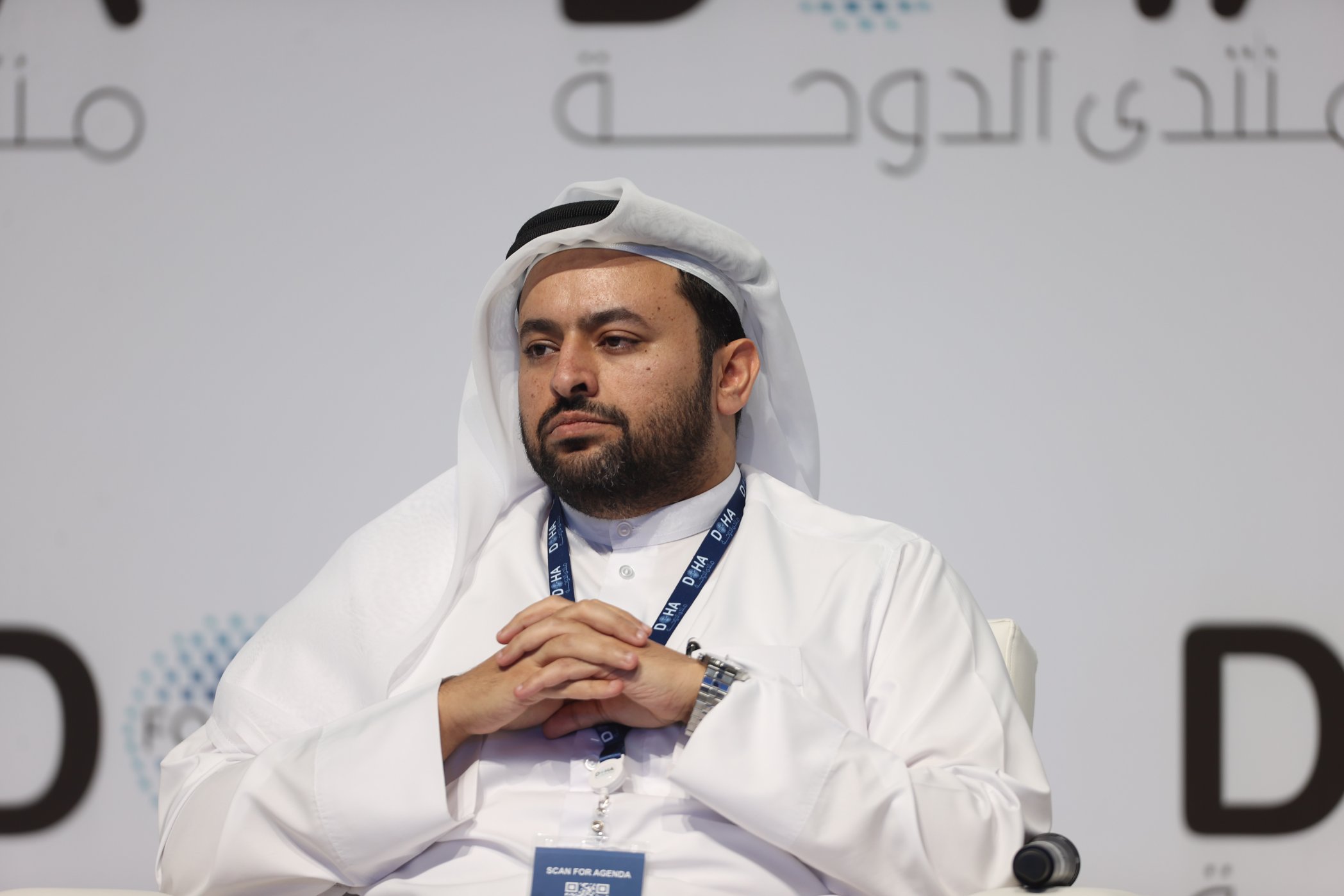In recent weeks, Pakistan has received a number of foreign officials and business delegations, including ones from Saudi Arabia and Japan.
Qatar’s Minister of State at the Ministry of Foreign Affairs Mohammed bin Abdulaziz Al Khulaifi landed in Pakistan on Thursday where bilateral trade is likely atop the agenda.
Pakistan’s foreign ministry first announced the visit on Wednesday, saying the Qatari official is scheduled to meet Pakistani Prime Minister, Muhammad Shehbaz Sharif.
Al Khulaifi received a warm welcome from Pakistan’s Deputy Prime Minister and Foreign Minister, Mohammad Ishaq Dar, upon his arrival, according to Pakistani media.
“Pakistan and Qatar have longstanding and multifaceted bilateral relations characterised by high-level exchanges and visits,” the statement said, without elaborating on the upcoming meetings.
While the agenda has not been revealed, media outlets in Pakistan believe the discussions would focus on trade and investment, especially with the country actively seeking foreign investment.
In recent weeks, Pakistan received a number of foreign officials and business delegations, including ones from Saudi Arabia and Japan, according to Arab News Pakistan.
Saudi Crown Prince Mohammed bin Salman is also scheduled to visit the country this month, the media outlet added.
Such efforts come as the indebted country seeks a way to resolve its economic woes.
In March, Pakistan and the International Monetary Fund reached a staff-level agreement to release $1.1 billion out of a $3 billion bailout package.
Pakistan’s external debts amount to more than $130 billion with foreign reserves of $8 billion.
The currency has also lost more than 50 percent of its value against the U.S. dollar in the last two years.
However, a United Nations survey in April projected economic growth of at least two percent by 2025 and ease in inflation from 26 percent to 12.2 percent during the same period.
Qatar-Pakistan trade
Pakistan has recently been expressing interest in investments in the information technology sector among other industries, including oil and gas.
Last December, the Pakistan Business Council Qatar and the Qatar Financial Centre (QFC) held the Pakistan-Qatar IT Conference.
The event enabled industry professionals to explore means of collaboration in the field of technology between both countries.
At the time, Umar Saif, Pakistan’s Federal Minister for IT and Telecommunication, described his country as one that “boasts a robust IT infrastructure, a wealth of IT products and services.”
He noted that Pakistan also had “a pool of skilled professionals that can undoubtedly cater to Qatar’s growing IT needs.”
Qatar is also a key supplier of liquified natural gas to Pakistan, which significantly boosts the bilateral trade volume.
In 2020, both countries signed a 10-year LNG agreement over the supply of 3 million tonnes of gas per year starting from 2021.
The agreement followed one signed in 2016 between Qatargas and Pakistan’s State Oil Company, under which Qatar supplied Pakistan with 3.75 million tonnes annually of LNG.
In 2023, Qatar’s exports to Pakistan amounted to around QAR 2.2 million (around $604,312), according to figures by Doha’s Planning and Statistics Authority. The trade volume between both countries also reached QAR 12.8 million (around $3,5 million).
There are around 100,000 Pakistani blue-collar workers in Qatar, many of whom were behind the success of the 2022 FIFA World Cup by playing a key role in the construction efforts.
In January, Doha and Islamabad signed agreements and letters of intent to “significantly enhance employment opportunities for the Pakistani workforce in Qatar.”
During Prime Minister Sharif’s visit to Doha in 2022, the Qatar Investment Authority agreed to pump $3 billion worth of investments into key sectors of Pakistan’s economy.







